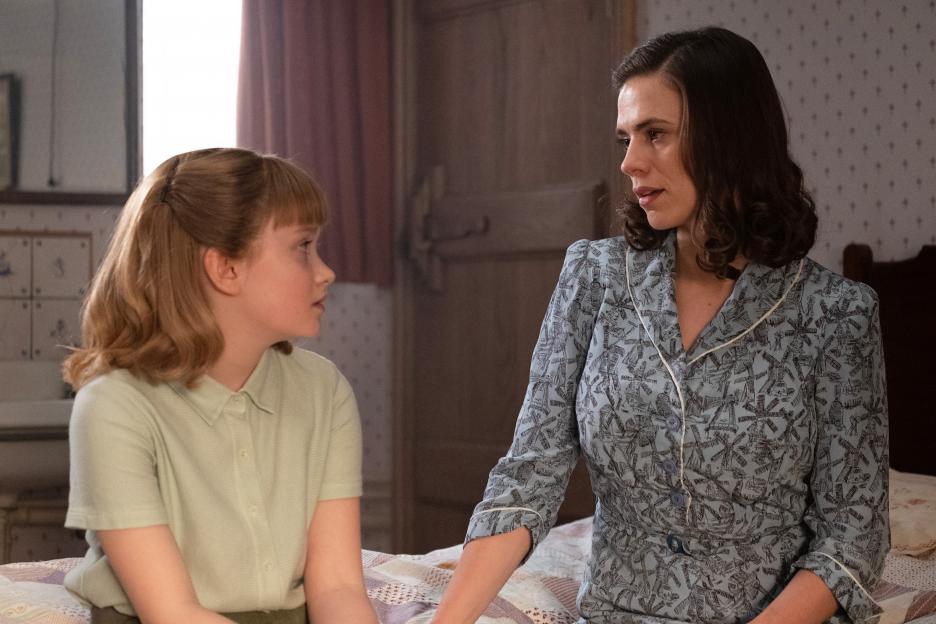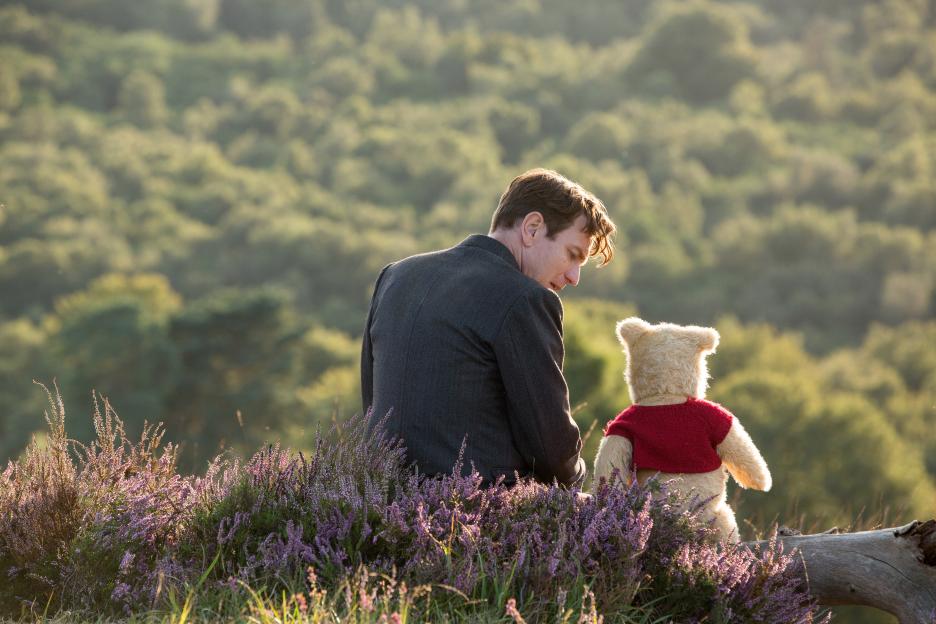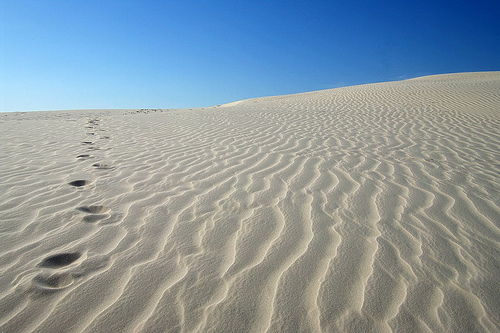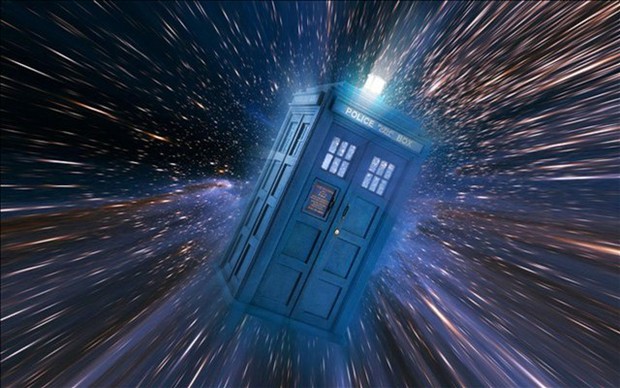In the 2018 film Christopher Robin, we see Winnie the Pooh and Christopher Robin standing on a bridge chatting. Christopher Robin asks Pooh what he loves doing best. “Going to see you,” he replies. Christopher agrees but then says, “What I like doing best is nothing.” “Doing nothing often leads to the very best of something,” Pooh responds. They walk on to sit under a tree. Christopher Robin is growing up and it’s soon time for him to go off to boarding school. “I’m not going to do nothing anymore,” he tells Pooh. “Never again?” Pooh asks. “Well, they don’t let you at the boarding school.”
This sets up the story of a grown-up Christopher Robin who, like most adults, have forgotten how to be childlike, to be bored, to do nothing, to just be. Christopher becomes focused on his work at a suitcase manufacturer, neglecting his family, drilling a philosophy of achievement into his daughter as she anxiously prepares for an exam. His boss, too, reinforces this way of life, reminding him that “nothing comes from nothing.” Quite the opposite of Pooh’s statement on the bridge.
In Praise of Non-Doing
I’m reminded of the wisdom of the Sabbath or a spiritual retreat, that rest often leads to good things like deeper relationships and a softer heart. This is so hard for the productive Western mind to grasp. How can anything good come from doing nothing? Even on retreats it’s common for retreatants to bring a stack of books to fill the time. “We have lost the art of doing nothing,” says Carl Honoré in his book In Praise of Slowness. “Boredom … is a modern invention. Remove all stimulation and we fidget, panic, and look for something—anything—to do, to make use of the time.” Prayer, has also become a task of achieving.
I’ve written about the Tao concept of Wu wei, which literally means non-doing. It’s a paradoxical concept of effortless effort, of moving with a natural flow. We put aside our expectations of what we’re “supposed to do” and just be. Instead of always trying new prayer journals or methods or setting alarms to remind myself to pray (all very achievement or action oriented), I may stop and take note of the ways I’m already praying and being aware of God throughout my day. Sometimes prayer can just be staring out the window at a tree. Sometimes the most spiritually freeing thing to do is to just sit in a quiet house with a cup of tea. There is value in the emptiness, the rest, the nothingness of nothing. As Pooh says, “Doing nothing often leads to the very best of something.” That something in prayer or on a retreat is God.
Ignatius, at the end of his Suscipe prayer asks God for nothing.
Take, O Lord, and receive all my liberty, my memory, my understanding and my entire will. Whatsoever I have and hold, You have bestowed upon me as untold gift. To You, O Lord, I return it. I surrender all to be governed wholly according to Your will. Give me Your love and grace. With these alone I shall be rich enough and desire nothing more.
Linguistically, nothing is a thing one can name and desire. Nothing is the emptiness that can be filled, the freedom of holding all the somethings lightly – or letting them go. Nothing can be filled by God.
Nothing Comes from Nothing
But it’s not something I can achieve or merit. In The Sound of Music, Maria and the Captain are in awe of their love. How could this be? Maria wonders. She must have merited it, done something good.
Nothing comes from nothingNothing ever couldSo somewhere in my youth or childhoodI must have done something good
In these lyrics are the words echoed by Christopher Robin’s boss, and the Western mentality of productivity, achievement, and earning. When Pooh says that something can come from nothing, he’s onto something spiritual. God’s grace and love is unearned. There is nothing we can do to achieve “points” with God, no matter how hard we try. And God, the ultimate something, is also nothing. As the philosopher John Scotus Eriugena says, “Literally God is not, because He transcends being.”
 All this is sometimes known as the apophatic approach to God, or negative theology. God can only be explained by what God is not. And the mystery of God, I would add, often emerges out of seeming nothingness, rest, boredom, daydreaming, silence – play. There’s a great scene in the last half of Christopher Robin, where Christopher’s academic-obsessed daughter Madeline says to her mother that boarding school starts soon and summer is nearly over. “That’s why you should go and play,” her mother says. Madeline, in her achievement mindset says, “I’m going to play better and harder than any child has ever played before.” “Or, you know, have fun,” her mother replies. Child experts have often touted the benefit of unstructured time for children. I’d say adults, too, benefit from this. When I used to travel I would develop a detailed and complex itinerary to fill my time. Now, I find more benefit in less structure, in having fun by naturally discovering things to see and places to go.
All this is sometimes known as the apophatic approach to God, or negative theology. God can only be explained by what God is not. And the mystery of God, I would add, often emerges out of seeming nothingness, rest, boredom, daydreaming, silence – play. There’s a great scene in the last half of Christopher Robin, where Christopher’s academic-obsessed daughter Madeline says to her mother that boarding school starts soon and summer is nearly over. “That’s why you should go and play,” her mother says. Madeline, in her achievement mindset says, “I’m going to play better and harder than any child has ever played before.” “Or, you know, have fun,” her mother replies. Child experts have often touted the benefit of unstructured time for children. I’d say adults, too, benefit from this. When I used to travel I would develop a detailed and complex itinerary to fill my time. Now, I find more benefit in less structure, in having fun by naturally discovering things to see and places to go.
At the end of the film, Christopher Robin solves his company’s problem of poor suitcase sales: Create a movement to give people time off from work so they can do nothing. When this happens, families go on holiday and need suitcases. A case of something coming from nothing.
My last travel was taking an overnight train to New Orleans and back again, for a two-day train retreat (I love the train). Like I often do, I readied myself with a book, some music, and plans for prayer. But when I forced myself into a certain schedule I found it fruitless. Filling my time was not the answer. The most spiritual time for me was just staring out the window, watching the countryside slide by. Sometimes our efforts to think about God or figure out God lead us nowhere. As the author of The Cloud of Unknowing says, “We can’t think our way to God. That’s why I’m willing to abandon everything I know, to love the one thing I cannot think.” And James Finley says, “There is nowhere to go. There is nothing to do. God is upon and within us.”
Does your relationship with God become more about doing or achieving than being? What “somethings” in your life tend to drive or define you? When have you experienced nothingness or boredom as blessed?
Related posts:
Listen to the podcast version of this post…








